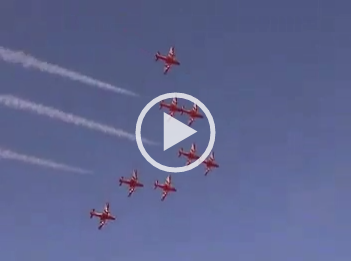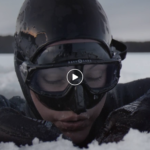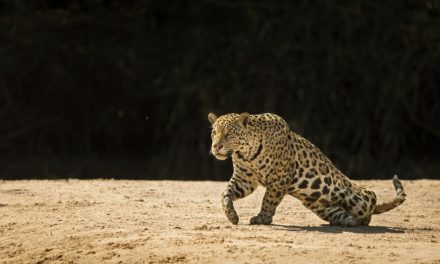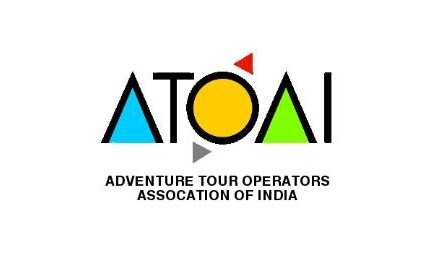
Kaustubh Radkar India’s Ironman Triathlete.
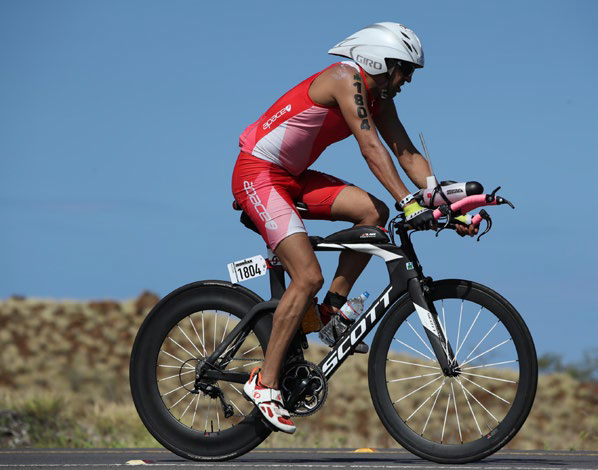
Kaustubh Radkar India’s Ironman Triathlete.
Being a Doctor what made you take up the Ironman Challenge?
Ironman happened for me in early 2008, couple of my friends In Boulder, Colorado had returned earlier from an Ironman event, one had finished Kona World championship in 2007 and was talking about the event. I was quite intrigued by this race more so because it sounded brutal, and the thought seemed like a good enough challenge. At that time I was working for a cardiology group in Boulder, so I signed up for a new event in Arizona that was going to happen in November and then started officially training in June. At that time no one living in India had finished an Ironman race, so this also was a huge motivation. After I finished my First Ironman, there was no looking back.
-
How many Ironman Challenges have you
finished and what is that motivates you to take up the challenge each time?
I have finished 20 Ironman races till date; my goal is to do 25. Ironman for me is a lifestyle, it’s tough, it’s hard but it’s also rewarding. For me the process of training is far important than the race itself. I have also coached over 40 Indians right here in India across the Ironman finish line, so now there is extra motivation
to get many more across. For me I try to do one race with my athletes each year, it’s a great way to support them, and of course to enjoy different parts of the world.
-
What is your coaching regimen for prospective athletes for an Ironman
challenger?
I believe in setting up a completely structured program based on each individual’s needs, their strength and weakness. A lot also varies on their health history, their athletic background, and current fitness levels. Then I set up a completely personalized training plan that I analyze and update on a weekly basis to help them achieve their goal.
-
Any particular fitness schedule you recommend for the Ironman challenge?
I think for an Ironman event, consistency and discipline is the key, in terms of both training and also your diet. Like I said above, I don’t believe in one cookie cutter schedule, I like to tailor make workouts.
-
What is your message to the youth of this country?
Choose your Ironman! It doesn’t have to be the triathlon itself, it can be any activity, running, swimming, biking but you need to exercise on a daily basis, and there is no excuse for that. Don’t wait too long to invest in your health, investment starts at a young age
-
Why should one take up the Ironman challenge and how does it help to nurture
leadership qualities?
Ironman in itself is the toughest one day event in the world. Anyone who wants to have a bigger goal, or challenge should take part. Remember it is a triathlon event, so make sure you give yourself proper training time in each of the three disciplines. Few leadership qualities that I know Ironman exhibit which are useful in daily life, are problem solving, staying in the moment, and enjoying the process. A lot of times, especially in today’s stressful times, people get over excited but forget to smell the roses and see the bigger picture, a leader has to make sure he sets the right tone himself first and Ironman is great for setting the right example.
-
What is the budget they need to plan for coaching and participation for the Ironman Challenge?
The biggest investment for an Ironman race is the bike; you will need a fairly decent bike that will last the entire training purpose, the race and a few years beyond. Based on your budget a good starting point is about Rs. 70,000 and then sky is the limit, as there are many options in terms of bike being fully carbon or not, and also the components on it. Coaching costs will vary based on how experienced the coach is, if he/she is certified or not. Nutrition required during the training process shall also vary from case by case basis so those costs also vary quite a bit.
For the actual race itself -The race entry will be anywhere between Rs. 30,000-55,000 based on the time you register (early bird discounts at some races), and the location of the race.
Travel and stay will again vary based on the location, some places in Asia like Malaysia will be the cheapest, followed by South Africa, but races in Europe, North-America, and South America, Australia will be on the expensive side.
Add to this your food etc., one race can run anywhere from Rs. 70,000 and above. A&W

